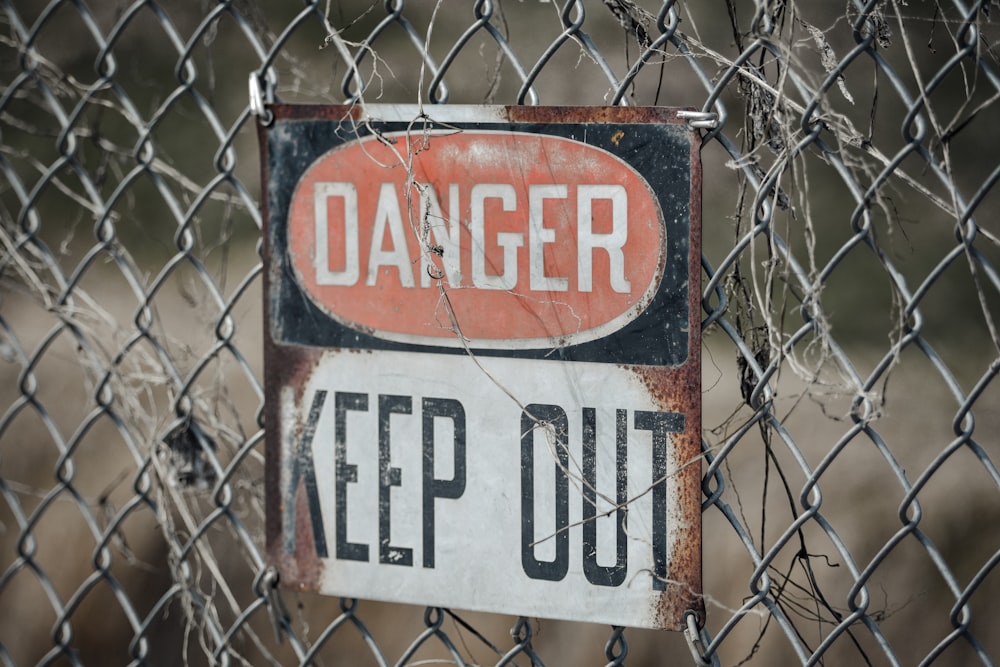Welcome to the next installment in my sleep blog where we explore how you can sleep better! We have discussed a plethora of  different topics from melatonin to sleep hygiene to naps. Today, I wanted to focus on likely the most well-known aspect of sleep. Sleeping pills are widely marketed on cable TV as the best option for someone struggling with sleep. We’ll go over the uses of sleeping pills, what they do, when you can take them, and alternatives to them!
different topics from melatonin to sleep hygiene to naps. Today, I wanted to focus on likely the most well-known aspect of sleep. Sleeping pills are widely marketed on cable TV as the best option for someone struggling with sleep. We’ll go over the uses of sleeping pills, what they do, when you can take them, and alternatives to them!
Before we continue on with this post, I want to be clear that I am not someone against pharmaceuticals. As with everything, pharmaceuticals have their place and can be very helpful for people who are the right fit for them. I’m going to be discussing the dangers of sleeping pills and heavily encouraging
Ambien, Lunesta, Rozerem, Silenor, and Sonata are some of the most frequently prescribed sleeping pills on the market today. Perhaps you’ve seen commercials for Lunesta with the butterfly of many lighter, neutral colors to promote sleep. Perhaps you’ve noticed how refreshed the person in the commercial seems to be and it makes you think “man, I really wish I could sleep like that!” Of course, everything is exaggerated on television in order to sell a product but with the amount of profit that these companies create off of these products, something must be working! Dr. Matthew Walker likes to use Ambien as an example of the monetary success of sleeping pills despite their many problems. “It took George Lucas 30-40 years to amass 2 billion dollars in wealth because of Star Wars but it took Ambien around 24k
So, what exactly is a sleeping pill and what does it do? Sleeping pills are a class of drugs called sedative-hypnotics. What this means is sleeping pills do not produce naturalistic sleep instead, they sedate you by knocking out the cortex in your brain. If you remember, this is something that alcohol also does. Sedation and sleep are not the same things given that sedation is just losing consciousness while sleeping is much more involved. The electrical activity in your brain while sedated looks very different than when you’re asleep. There isn’t much activity whereas when you’re sleeping naturally, there is significantly more activity. It’s important to keep in mind that quantity of sleep and quality of sleep is important when assessing sleephealth. Getting 6 hours of high-quality sleep is not better than getting 8 hours of low-quality sleep. While sleeping pills may help “sleep” for those 7-9 hours, your quality of sleep is significantly inhibited. Moreover, if you take sleeping pills long-term, you become dependent on them. Sleeping pills are fantastic for people in the short term, especially when accompanied by therapy, but they are detrimental to your overall health long-term. When you come off the sleeping pills, you will experience terrible withdrawals and some of that will manifest as significant difficulty sleeping. This is called rebound insomnia but there is an alternative to sleeping pills that have been shown to be just as effective as the pills without the harmful withdrawal effects. This alternative is called cognitive behavioral therapy for insomnia or CBT-I
Clinicians trained in CBT-I will work with you to assess your sleeping habits, behavioral patterns, perception of sleep, and a myriad of other things to help get your sleep under control. The efficacy of CBT-I has been thoroughly explored and has been moved to the top recommendation for those struggling with insomnia. If you are interested in a meta-analysis of CBT-I’s efficacy, I will post the link at the end of this post!
If you are going to take sleeping pills, I highly recommend that you make sure it is short-term. If your doctor is prescribing them for you, make sure they know you want to use them as a short-term solution. Seek a sleep doctor if you want more information on the sleeping pills themselves and ways to overcome insomnia. Sleep studies can be very helpful in determining what you need. You can also look for CBT-I therapists in your area.
I hope this blog post gives you a different perspective on sleeping pills and their dangers. They’re not the enemy but they are commonly overused and overprescribed! Take care of yourself and your sleep health as much as you can and remember you have effective options that do not include harmful sleeping pills!
Kevin
https://pubmed.ncbi.nlm.nih.gov/26054060/
Fun fact for your next party: On average, during a doctor's educational career, sleep is covered for about 2 hours according to a survey done by Dr. Walker. For as much research as there is on the dangers of sleeping pills, putting blame on the doctors for prescribing them would be misplaced given that the emphasis on sleep has been so low.


